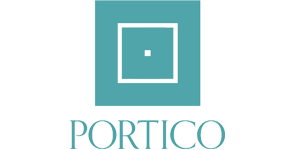Submit manuscript...
Plagiarism Policy
Plagiarism can be defined as the stealing of someone else's ideas, thoughts, work contents or procedures. It can be done in any type of work, including Research and educational contents. When the content is being reused without proper citations to the creator or without the knowledge of the creator, it is also termed as Plagiarism according to White House Office of Science and Technology Policy. If taken from the internet without proper citations of the creator, the process can also be termed as Plagiarism.
Plagiarism in academic fields is considered as academic dishonesty or fraud wherein the user is not capable of framing the ideas and contents but depends on someone else for the innovative ideas and thoughts. Plagiarism has different categories, namely - self, unintentional or blatant. Self Plagiarism refers to the process where the contributor or Author copies his/her idea even after it has been published and credited for. Unintentional plagiarism arises from the fact that the author is careless about the citations and sources from which information is derived. On the other hand, blatant Plagiarism is considered as a crime because it is the intentional use of the content without giving credit to the creator.
MedCrave's Plagiarism Policy
At MedCrave, the authors and contributors are responsible for their own action. MedCrave strongly condemns plagiarism and if any content is found to be plagiarized MedCrave has the rights to cancel the membership of the author and restrict him/her from accessing the site. In order to check for Plagiarism, authors are requested to make use of the online Plagiarism tools which are available before submitting their work as plagiarized content will be harshly dealt with. The decisions of MedCrave will be final in this case.
We use iThenticate for perceiving the plagiarized content.
NIH Funded Articles
- Fulfilling the Promise of Microbiomics to Revolutionize Medicine PubMed ID: 27030825
- Medicinal Uses and Natural Availability of Three Plant Species in Selected Ecosystems in Cameroon PubMed ID: 29098206
- An Exponential Tilt Mixture Model for Time-to-Event Data to Evaluate Treatment Effect Heterogeneity in Randomized Clinical Trials PubMed ID: PMC5849265
Published Articles
2 9 1 3 1
Published eBooks
9 8
Rejected Articles
2 8 6 7
Join our Readers
2 7 0 2 3











